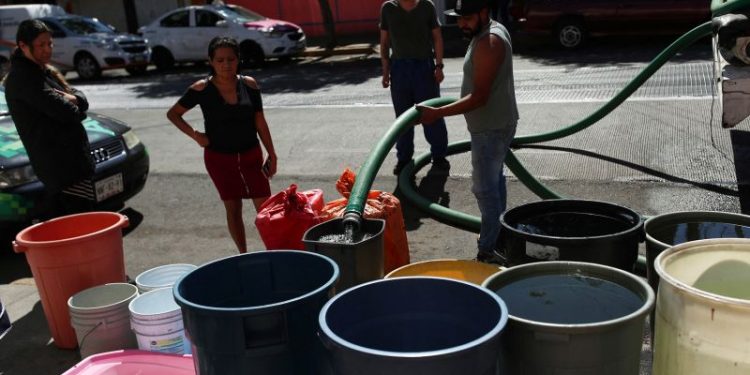One of the world’s biggest cities, São Paulo, Brazil, is facing a looming crisis that threatens its very existence – the city may be just months away from running out of water. This dire situation presents a stark reminder of the fragility of our natural resources and the urgent need for sustainable solutions to address the water scarcity that plagues many parts of the world.
São Paulo is home to over 12 million people and is not only the largest city in Brazil but also one of the most populous urban centers in the world. However, in recent years, the city has been grappling with a severe water shortage exacerbated by a combination of factors, including deforestation, pollution, and inadequate infrastructure. The Cantareira reservoir system, which supplies water to approximately six million residents in São Paulo, has been experiencing record low water levels, reaching critical levels that have raised concerns about the city’s ability to meet the water needs of its inhabitants.
The implications of a water crisis in São Paulo are far-reaching and devastating. Without access to an adequate and safe water supply, the health, livelihoods, and well-being of millions of residents are at risk. Industries, agriculture, and businesses that rely on water are also threatened, potentially leading to economic downturn and social unrest.
Addressing the water crisis in São Paulo requires a multi-faceted approach that addresses both immediate needs and long-term sustainability. Short-term measures such as water rationing, leakage reduction, and infrastructure improvements can help alleviate the immediate pressure on the water supply. However, these measures are not enough to address the underlying issues that have led to the water crisis in the first place.
Long-term solutions must focus on sustainable water management practices, including watershed protection, reforestation, water recycling, and investments in infrastructure to capture and store rainwater. Public awareness and education on water conservation and sustainable water use are also essential to ensure that residents and businesses play their part in preserving this precious resource.
The water crisis in São Paulo serves as a wake-up call for policymakers, businesses, and individuals around the world to take action to protect and preserve our water resources. Climate change, population growth, and unsustainable practices are putting increasing pressure on water supplies globally, making it imperative that we adopt holistic and sustainable approaches to water management.
As São Paulo stands on the brink of running out of water, the city’s plight serves as a stark reminder of the urgent need for collective action to ensure water security for current and future generations. Failure to address the water crisis in São Paulo will not only have devastating consequences for the city but also serve as a warning of the challenges that lie ahead for other water-stressed regions around the world. It is time for us to come together to safeguard this vital resource and build a more sustainable future for all.

















